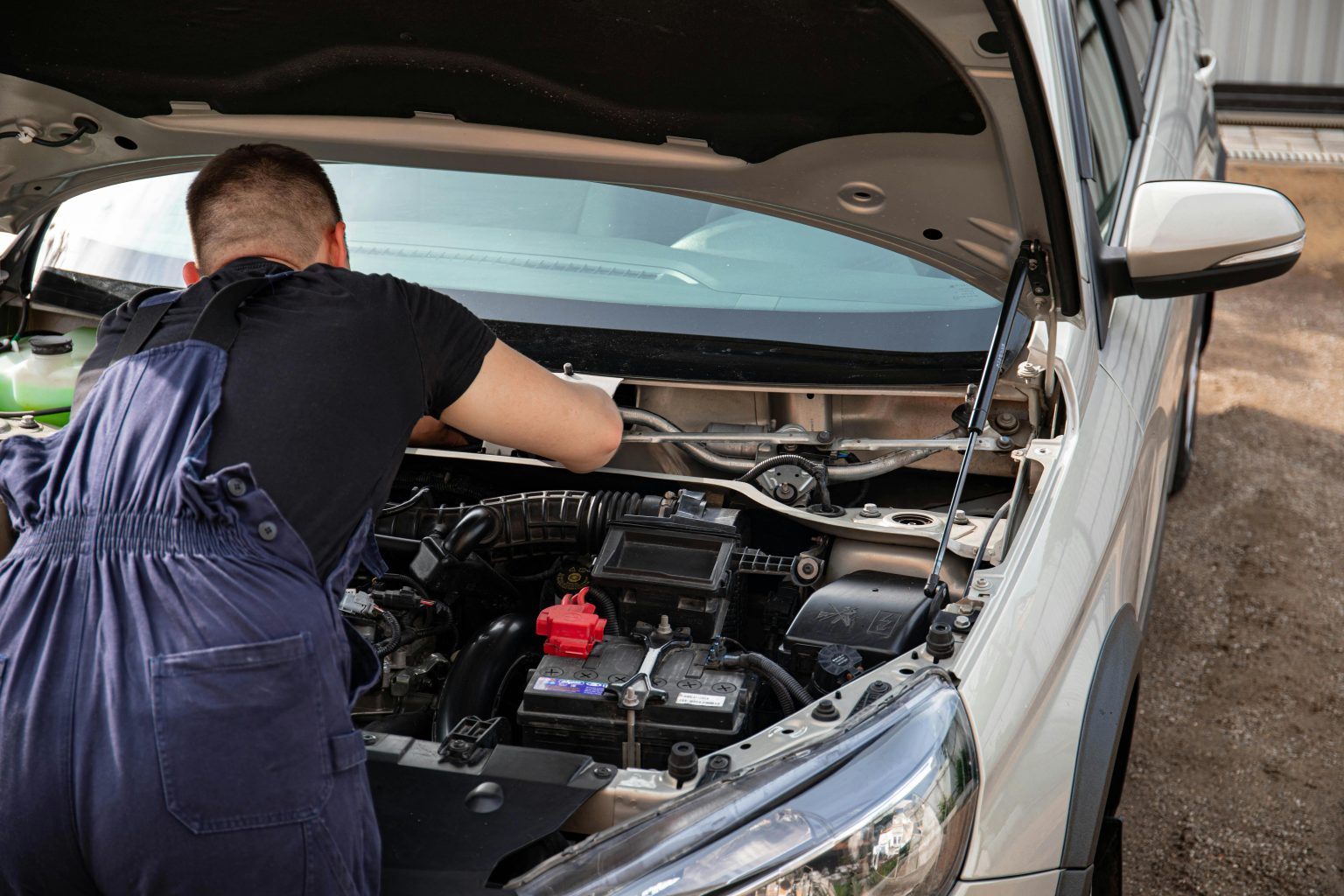Diesel vehicles are known for their power, durability, and fuel efficiency, which is why many car owners rely on them for both personal and commercial use. However, when it comes to repair and maintenance, diesel engines are not the same as gasoline engines. They require a specialized approach, deeper technical knowledge, and the right equipment to keep them running smoothly.
If you’re planning to have diesel repair done on your car, it’s important to make informed decisions before handing it over to just any mechanic. Understanding what to consider during the process can save you time, money, and future headaches.
Understanding Diesel Engines Before the Repair
Before taking your vehicle in for diesel repair, it helps to have a basic understanding of how diesel engines differ from gasoline engines. Diesel engines rely on compression ignition instead of spark plugs, which means they operate at higher pressures and temperatures. They also use diesel fuel, which is denser and less volatile than gasoline, making these engines more efficient but also more complex to service.
Because of their design, diesel engines often have unique components like glow plugs, fuel injectors, turbochargers, and particulate filters that require specialized knowledge to inspect and repair. Understanding this difference helps you appreciate why you should only trust experienced technicians for the job—especially when dealing with issues that require precision and technical skill.
Choosing a Mechanic Who Specializes in Diesel Engines
One of the most critical decisions you’ll make is choosing the right mechanic or repair shop. Not all auto repair shops are equipped to handle diesel vehicles, and not every mechanic understands the nuances of diesel systems.
When looking for a repair center, ensure they specialize in diesel engines and have certified technicians with experience working on your specific make and model. Diesel diagnostics require advanced tools and equipment that aren’t commonly available in standard garages.
A trusted service center like Elite Automotive, for instance, employs technicians who are trained to handle diesel vehicles with precision and care, ensuring repairs are done right the first time. Having experts who understand the inner workings of diesel systems can make all the difference between a quick fix and a lasting repair.
Proper Diagnostics Before Any Repair
Diesel engines are known for their resilience, but when something goes wrong, the symptoms can be tricky to interpret. Reduced power, hard starts, unusual smoke, or poor fuel efficiency can all point to different underlying issues.
That’s why professional diagnostics should always come before any repair. A good repair shop will perform a thorough inspection using advanced diagnostic tools to pinpoint the exact cause of the problem. This step not only saves you money by preventing unnecessary part replacements but also ensures the repair addresses the root issue rather than just the symptoms.
Skipping diagnostics or relying on guesswork can lead to repeated breakdowns or additional damage to the engine. Always make sure your technician explains what’s wrong, how they identified it, and what needs to be done to fix it.
Using Quality Parts and Fluids
When repairing or maintaining a diesel engine, the quality of parts and fluids matters greatly. Diesel engines operate under high pressure, so using substandard or incompatible components can lead to premature wear, reduced performance, and potential system failures.
Always confirm that the shop uses OEM (Original Equipment Manufacturer) or high-quality aftermarket parts that meet your vehicle’s specifications. The same goes for fluids—diesel engines need specific types of oil, coolant, and fuel additives designed for their unique operating conditions.
Cheaper alternatives might save money initially, but they often cost more in the long run due to reduced efficiency or the need for additional repairs. A reputable repair shop will always recommend the right materials for your vehicle’s needs.
Preventive Maintenance is Part of Diesel Repair
Many car owners wait until something breaks before visiting the mechanic, but with diesel vehicles, preventive maintenance is essential. Regular servicing—such as changing oil, replacing fuel filters, inspecting injectors, and checking the turbocharger—can prevent major issues from developing.
Diesel engines can last hundreds of thousands of miles if maintained properly, but neglecting routine maintenance can drastically shorten their lifespan. During a repair, ask your mechanic about upcoming maintenance needs so you can plan ahead and avoid future breakdowns.
Preventive care not only keeps your diesel car running efficiently but also helps maintain its resale value and fuel economy.
Checking for Shop Credentials and Transparency
Before committing to a repair shop, take a moment to check their credentials. Certified technicians, proper licenses, and positive customer reviews are indicators of reliability and professionalism. You should also feel comfortable asking for a written estimate before any work begins.
A trustworthy shop will provide a clear breakdown of labor costs, parts, and any potential additional charges. They’ll also communicate openly about what’s necessary now versus what can wait. Transparency builds trust, and it ensures you’re never caught off guard by unexpected expenses.
The Role of Modern Technology in Diesel Repair
Today’s diesel vehicles are equipped with advanced computer systems that monitor everything from fuel injection timing to exhaust emissions. Repairing or tuning these systems requires specialized diagnostic software and expertise.
When choosing a repair shop, make sure they have the latest technology to handle modern diesel vehicles. Outdated tools or guesswork can lead to misdiagnosis or incomplete repairs. Professionals equipped with the right technology can accurately detect issues, update your vehicle’s computer, and ensure optimal performance after the repair.
Environmental Considerations
Diesel engines are known for their efficiency, but they also produce emissions that require proper management. Components like diesel particulate filters (DPFs) and exhaust gas recirculation (EGR) systems are designed to reduce pollutants.
A professional diesel repair technician understands how to maintain these systems properly while complying with environmental regulations. Tampering with or removing emission controls not only harms the environment but can also result in legal consequences and decreased vehicle performance.
Conclusion
Diesel repair requires more than just mechanical know-how—it demands expertise, precision, and a deep understanding of how diesel systems operate. From accurate diagnostics to the use of quality parts and preventive maintenance, every step plays a crucial role in keeping your vehicle running at peak performance.
Choosing a qualified repair shop ensures that your car gets the attention and care it deserves. By trusting experienced professionals, you safeguard your investment, prevent recurring problems, and enjoy the full benefits of diesel performance.
Whether your diesel vehicle needs a major repair or routine servicing, taking the time to choose the right experts will always pay off. With the right care, your diesel engine can deliver reliability, power, and efficiency for years to come—keeping you on the road with confidence every mile of the way.


